It's A G-Thing: 15 Google Game-Changers Over 15 Years
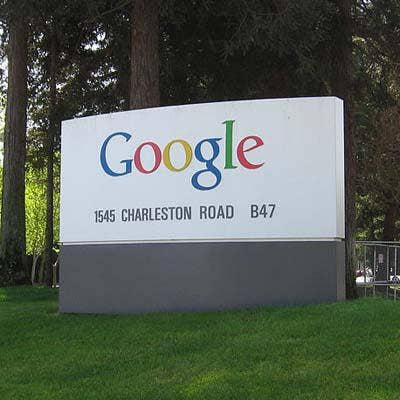
Happy 15th Birthday Google!
Over the past 15 years, Google, whether we like it or not, has become an integral part of our lives and businesses, so much so that it was added to the dictionary. It has officially been around so long that most freshmen in high school today have never known a day without Google. And while it seems to have some trouble remembering its own birthday, falling sometimes on Sept. 4, Sept. 15 or most recently Sept. 27, it nonetheless is a momentous occasion for the company. In honor of that birthday, CRN takes a look back at 15 things Google has created over the past 15 years.
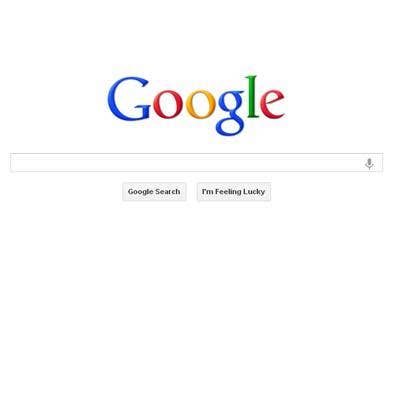
Google.com
The domain for Google.com was registered on Sept. 15, 1997, as an expansion on a search engine project created by Larry Page and Sergey Brin at Stanford. The name came from the mathematical "googol," or one followed by 100 zeros, to represent the infinite amount of information to be compiled by the search engine. And, the rest is history. In August 2013 alone, 12.8 billion searches were made on Google, compared with 3.4 billion for the next closest competitor Microsoft, according to ComScore.

Android
In November 2007, Google announced the first open platform for mobile devices: Android. Around a year later, in September 2008, T-Mobile announced the G1, the first smartphone on the Android system. It was later expanded in 2011 with the release of Android 4.0 Ice Cream Sandwich to also work on tablets. In September 2013, the Android system hit 1 billion device activations.
For a little bit of perspective of the program's growth: Apple, in comparison, announced 500 million devices this past January, five months after Google hit the same mark.
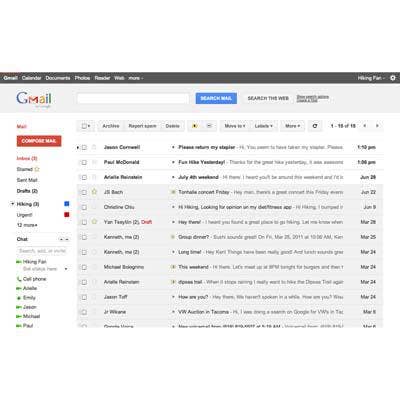
Gmail
Gmail was first launched on April Fools' Day in 2004 on an invite-only basis. It was unveiled to consumers and enterprise in 2009 after its beta period.
While it entered the market with many other free email competitions, Gmail has done incredibly well. Just four years later, there are more than 425 million Gmail users.
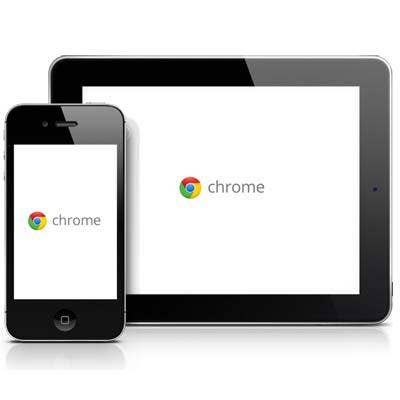
Google Chrome
In Sept. 2008, Google launched its Chrome Web browser, and within five years, it had more than 750 million users. Chrome was praised for having a clean design, unified searching and surfing, and quick load time, as well as for being the first browser to separate computational processes in individual tabs.
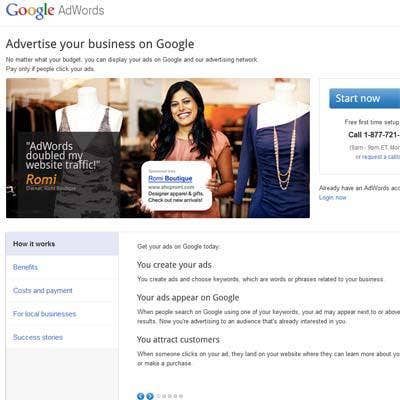
Google AdWords, Analytics
Google launched AdWords in late 2000, a self-service ad program that made it simple to make content more searchable -- for a cost. It is now the company's main source of revenue, pulling in more than $43.6 billion in 2012, close to 95 percent of the company's total revenue.
Google Analytics bolstered the profile in 2005 by adding measurement tools for both websites and advertising campaign successes.
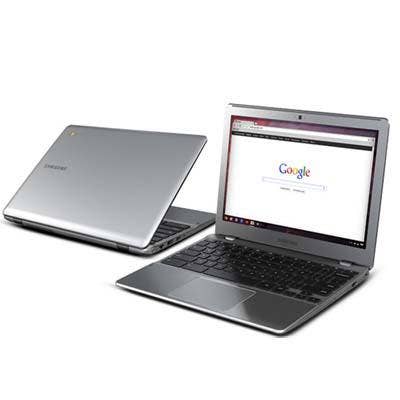
Chrome OS
Google announced they were developing their own operating system in 2009. The Linux-based system is pretty minimal and revolves around the Chrome Web browser, as all applications are Web-based. Google turned it into an open-source project called Chromium OS, similar to Android's open-source nature.
Although it hasn't taken over the market, it has taken over a chunk of the lower-price market. Chromebooks run usually for less than $300 and now account for 20 to 25 percent of the extreme value market, according to a study by NPD.

Privacy Problems
Along with the all the Google glory comes the issue of privacy as we all learn what makes Google work so well. Most recently, a court case working its way through the judicial system questions if Google violated wiretapping laws by scanning users' Gmail accounts to bolster its advertising targeting.
"If you have something that you don't want anyone to know, maybe you shouldn't be doing it in the first place," CEO Eric Schmidt (picture) said in a 2009 interview with CNBC defending the search engine's right to snoop.
Other privacy problems include questions over Google Street View and Google Earth as people grew concerned that the whole world could download a satellite view of anyone's home.
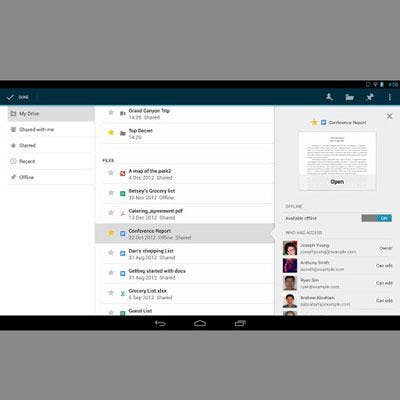
Google Docs, Google Drive
In October 2006 we got Google Docs and Google Sheets, part of the company's cloud-based productivity suite now known as Google Drive. A year later, Google added presentations to it as well.
An update to Google Drive helped solidify the documents into one location in 2012. The innovation helped revolutionize group projects, file sharing and mobile working as well as provided free access to document creation software.
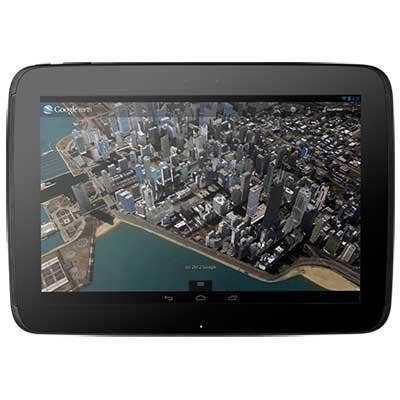
Google Earth
After its acquisition of Keyhole in 2004, Google began working on the Google Earth program. In 2005 it was unveiled, letting users travel around the world without leaving their desk. It has been downloaded more than 1 billion times since.
Along with the cool ability to travel anywhere also came privacy and national security concerns over the ability for anyone to access the information.
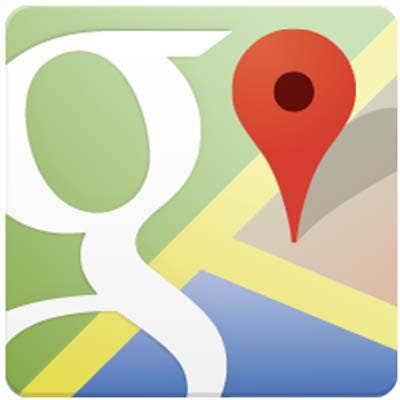
Google Maps, Google Street View
In February 2005, Google launched Google Maps. Within a few months it had been adapted for use on mobile phones, turning a user's cell phone instantly into a GPS.
Street View was added in 2007, giving users the ability to plunk themselves virtually onto streets around the world, with coverage expanding rapidly. In 2011, the mapping service boasted 150 million users and estimated that it helped guide travelers for 12 billion miles.

YouTube
Although it didn't create it, Google acquired YouTube in 2006. According to Google, today more than 100 hours of video are uploaded every minute and 6 billion hours of video are watched a month.
The first and only YouTube video to hit 1 billion views was pop hit "Gangnam Style."
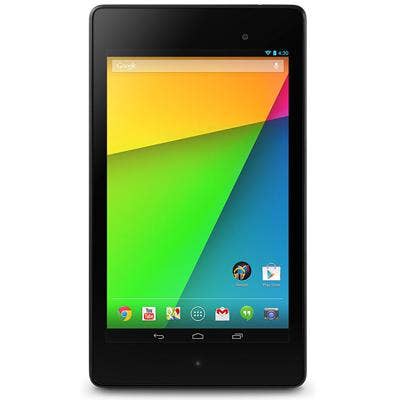
Nexus
Google stepped into the hardware field in early 2010 with its Nexus mobile phones, later adding tablets. The mobile phone did not prove to be as popular as hoped and Google pulled the Nexus One from its Web retail store shortly after it was launched, with some blaming Google's lack of online retail experience for the flop. More recently, the Nexus 7 proved to be more popular, holding 12.7 percent of the tablet market.
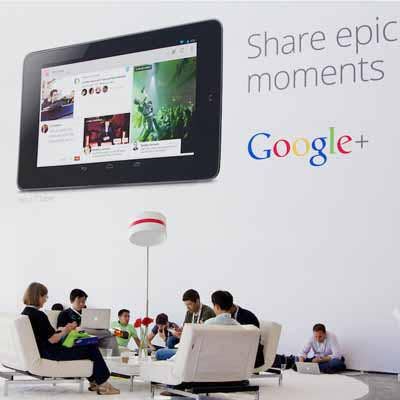
Google+
The Google+ Project launched in June 2011 as another competitor in the social media marketplace. While it still hasn't caught up to Facebook, Google+ has 500 million registered users, compared to Facebook's more than 1 billion. However, those numbers may be inflated slightly as many users don't realize they created a profile as part of their Google profile. One of the criticisms of the service -- and perhaps the reason it hasn't been pulled ahead -- is that it is too meshed in with other Google services and not different enough from Facebook, where users are already established and aren't particularly looking for an alternative.
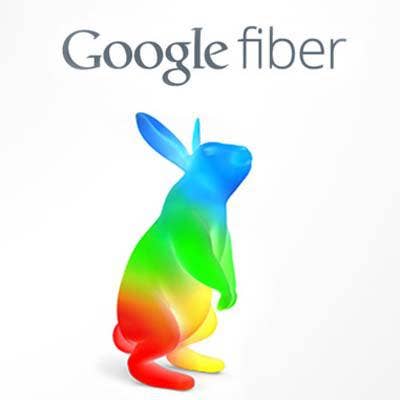
Fiber
Not only is Google searching and running the Internet through Chrome, now it wants to be the Internet. Google Fiber, which launched in 2012, provided high-speed Internet access in Kansas City, Kan., and Kansas City, Mo., with plans to expand to more cities. Google boasts that the speed is 100 times faster than average broadband.

Google Glass
In a play into the field of wearable technology, Google announced Google Glass in April 2012. The glasses are essentially a hands-free wearable computer that can do everything from telling users the weather to letting them record a video or read the news.
The glasses cost $1,500 each and only 8,000 "Explorers" are using them.
One of the major concerns broached about Glass is its ability to record without those around the user realizing it, which has many protesting privacy concerns.